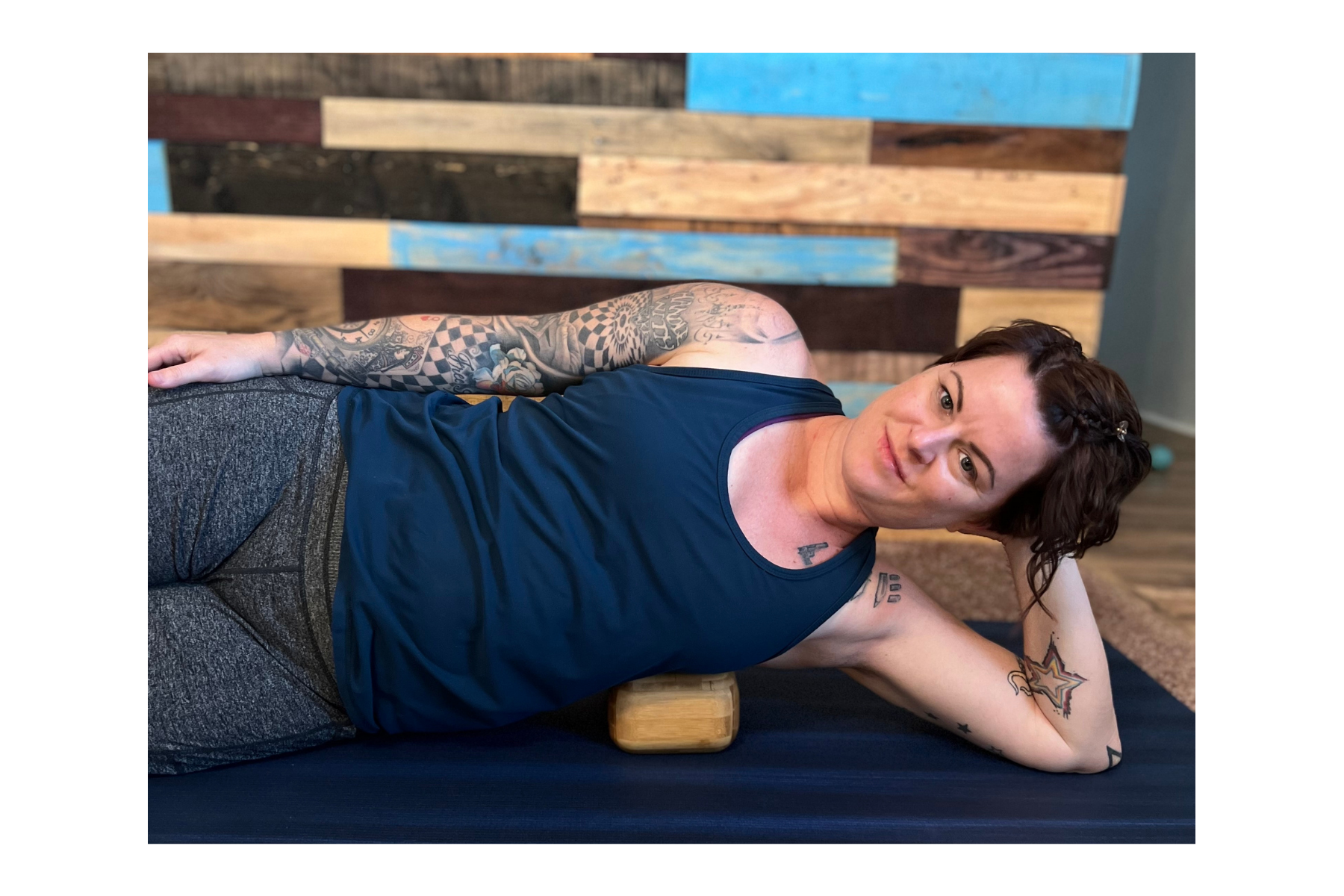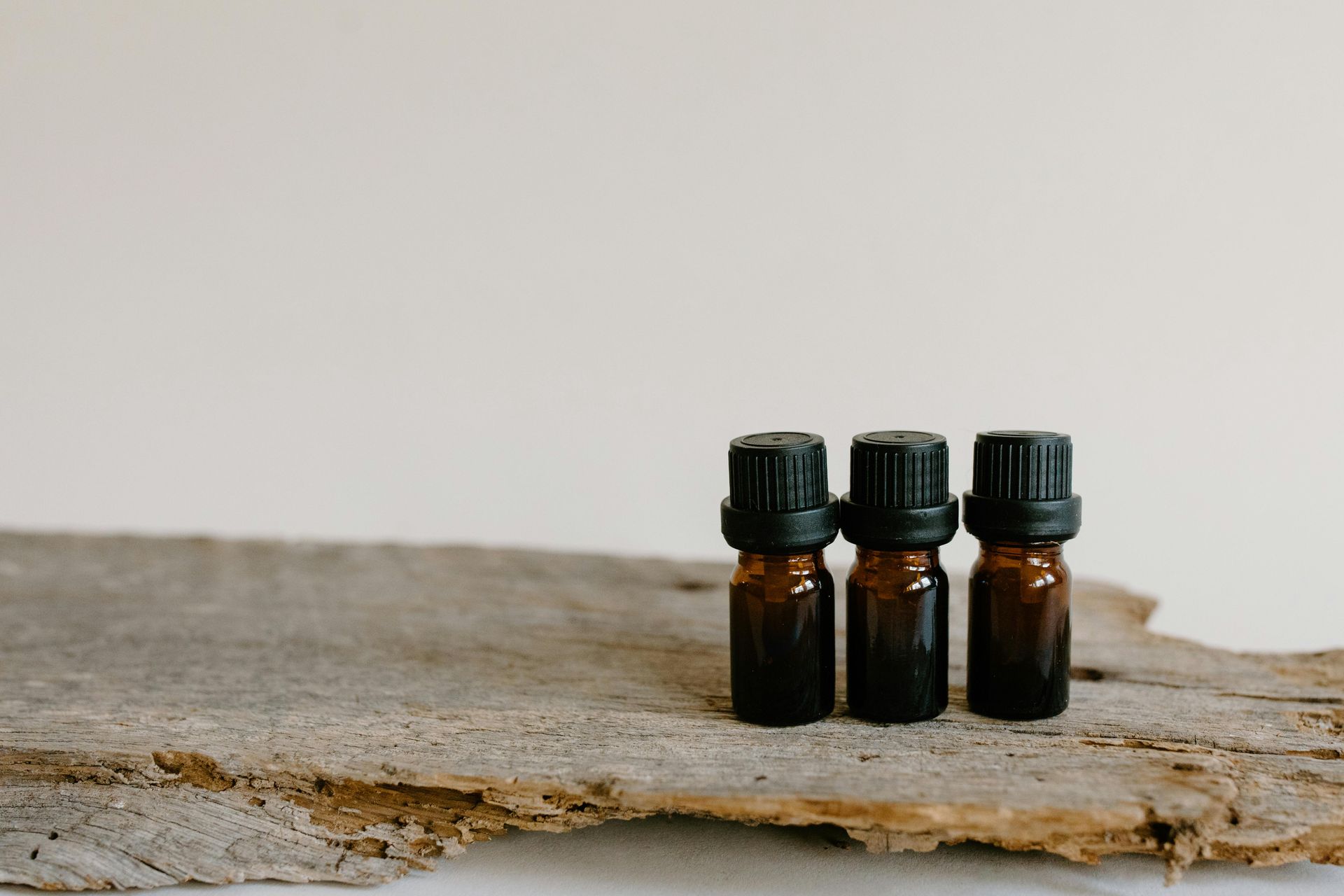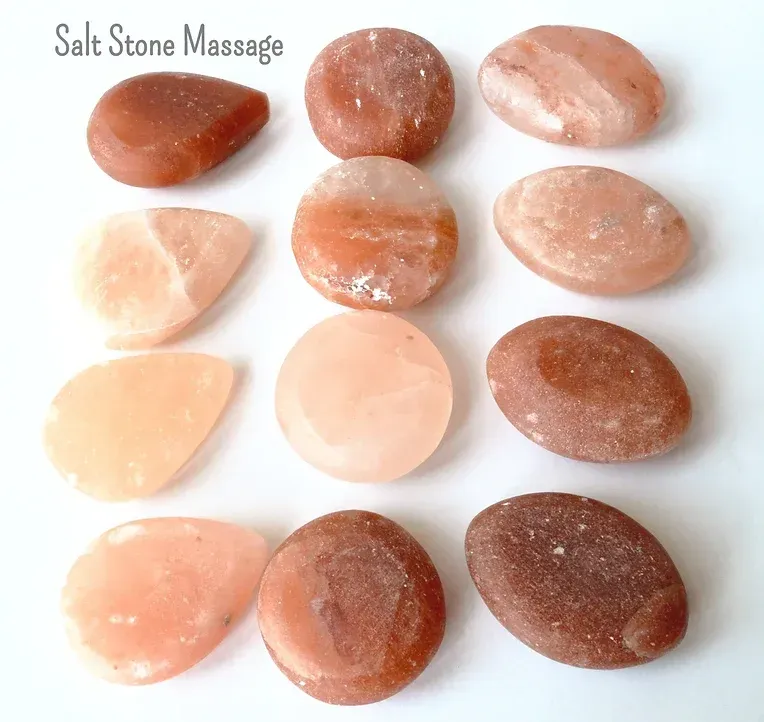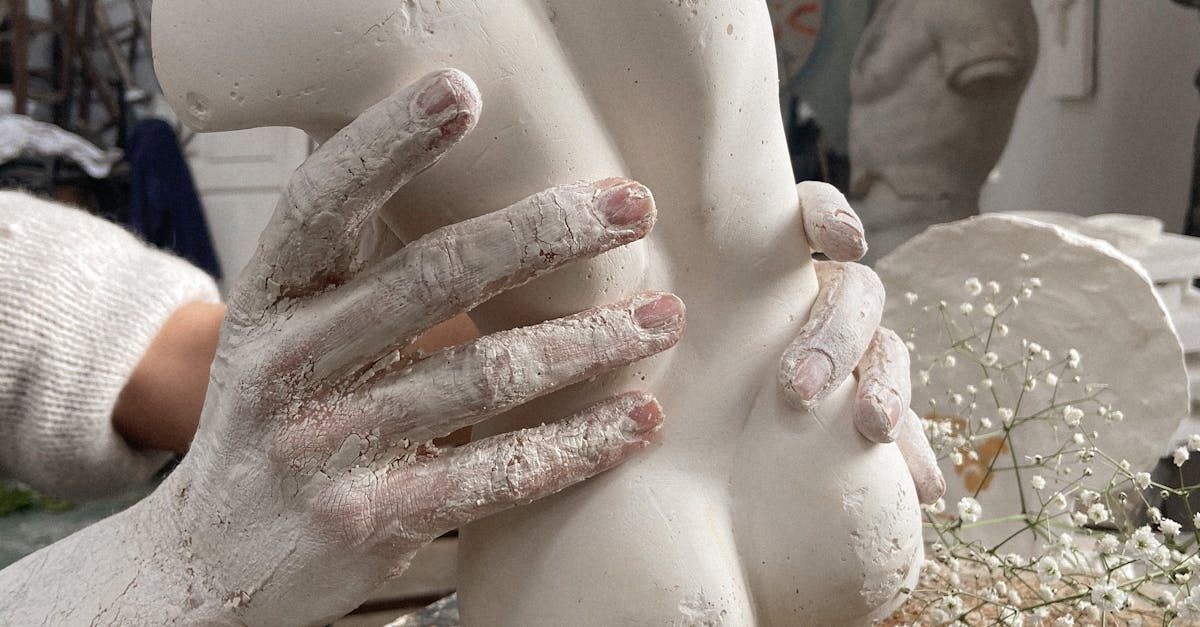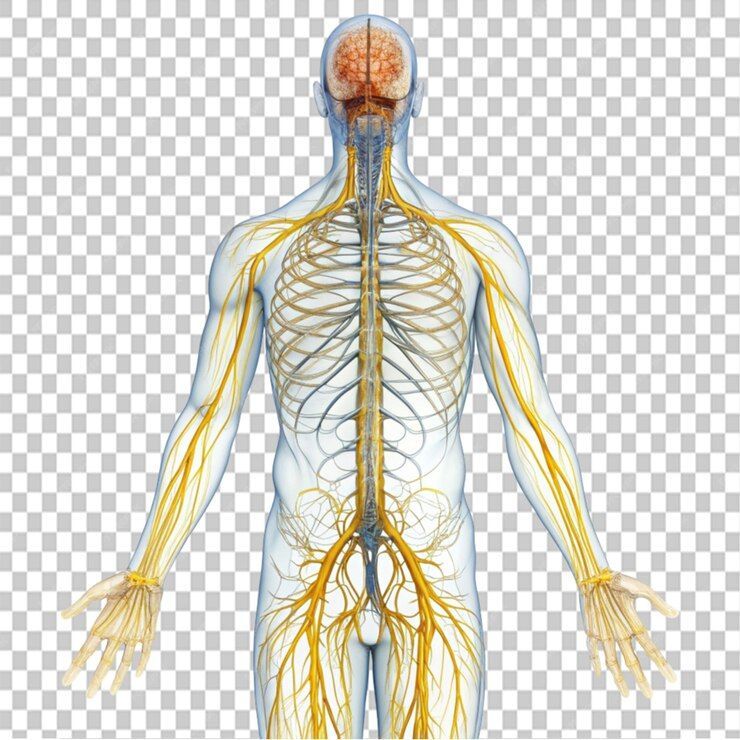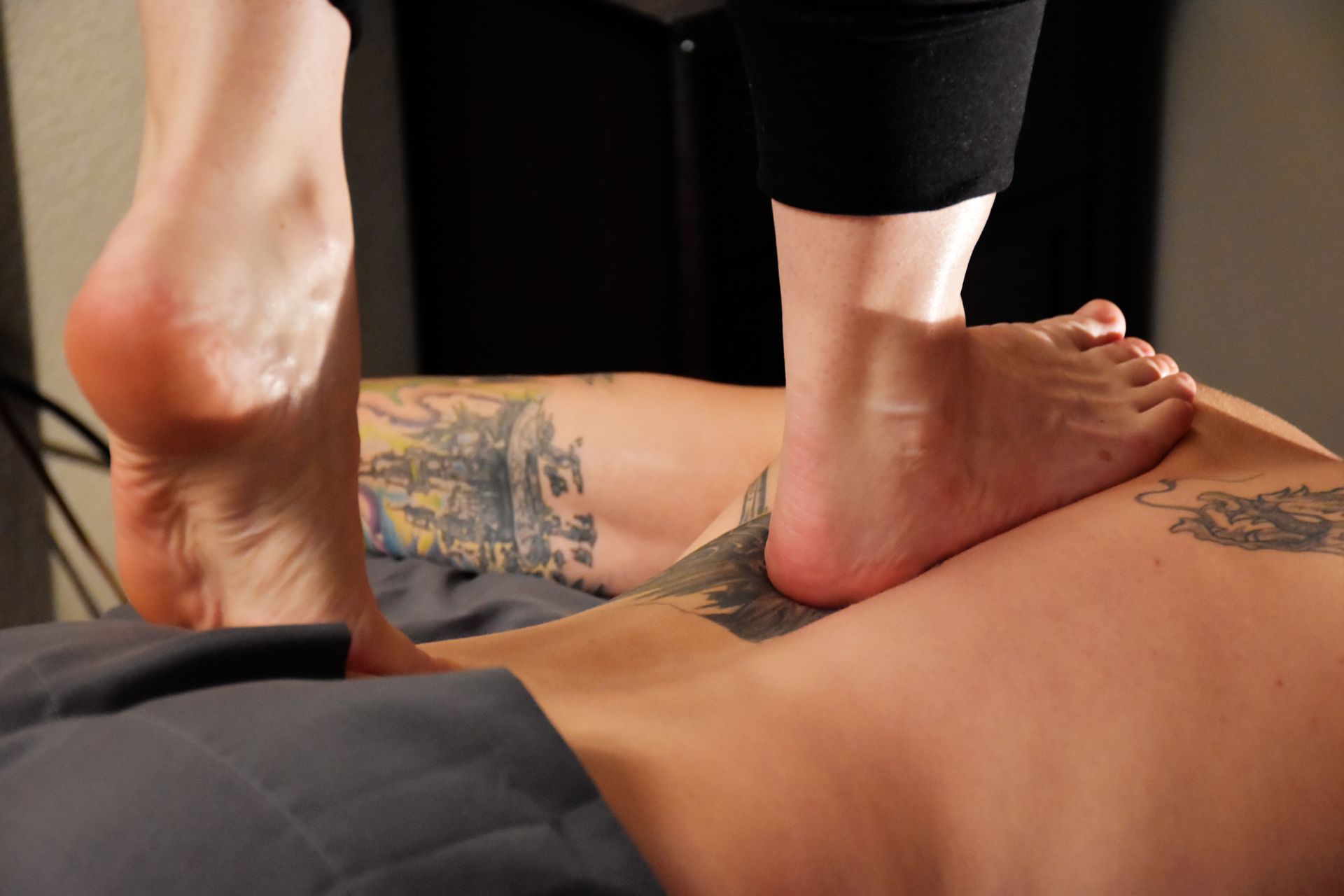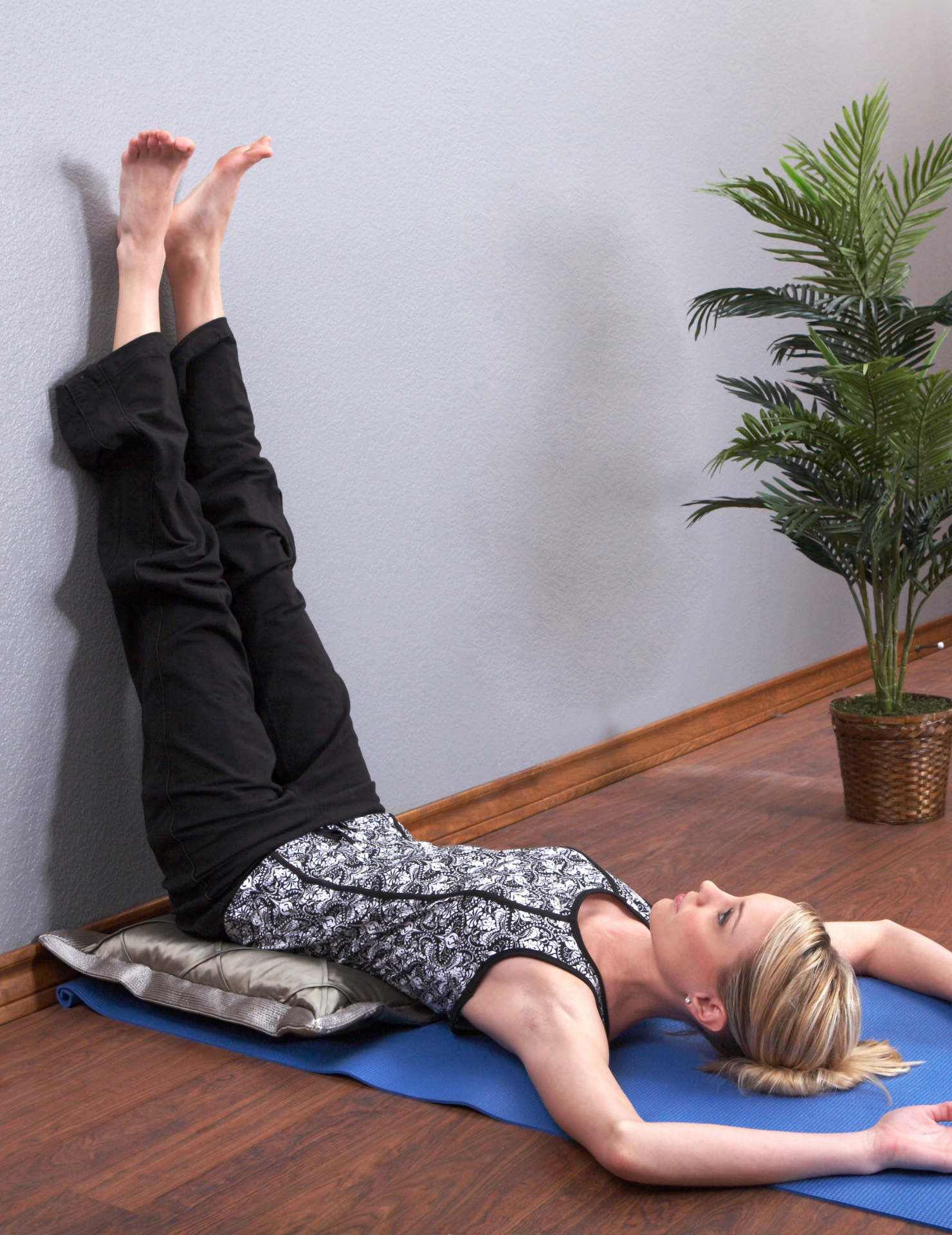Hydration
Why should I drink water after my massage?
If you’ve ever gotten a massage, you've more than likely been given water and/or been advised to keep drinking water afterwards.
Why is that?
The body builds up metabolic waste (read more about metabolic waste
HERE) and various toxins that get trapped and stored in soft tissues.
They are drawn out of your tissues and pushed into the bloodstream and lymphatic system during a massage.
Drinking water helps flush these wastes out of the body.
Not hydrating after your massage may cause headaches and soreness from said toxins and allow them to resettle within your body as internal waste once again.
So to get the most from your massage, make sure you're hydrating to help flush these out of your system.
On top of that, your body's natural functions, like going to the bathroom, sweating, and even breathing, can cause you to lose water. Being outside in extreme temperatures, if you are physically active, or if you are sick, vomiting and diarrhea can also cause rapid water loss.
Your body depends on water to survive. Every cell, tissue, and organ in your body needs water to be able to function.
For example, your body uses water to
- maintain and regulate body temperature.
- remove waste
- lubricate joints
- carrying nutrients and oxygen to your cells
- flushing bacteria from your bladder
- aiding digestion
- preventing constipation
- normalizing blood pressure, just to name a few.
If you don’t replace the water you lose, you can become dehydrated, but is plain water enough?
The truth is, it depends. For most of the year, water on its own should be enough.
However, when we sweat on particularly hot days or after a lot of exertion, we don’t only sweat out water. We sweat out minerals such as sodium and potassium.
These are electrolytes and are vital in keeping the body balanced and hydrated and the muscles working effectively.
Adding:
- a pinch of Himalayan salt
- a splash of pineapple or lemon juice
- 1-2 inch chunks of fresh ginger
- 3-5 cucumber slices
- a handful of berries
- 2-3 lemon or lime wedges
- about 5 mint leaves
or a combination of the above can help to replenish your electrolytes, helping to prevent muscle cramps and other symptoms of electrolyte imbalance.
Other healthy alternatives for hydration:
- coconut water
- fruit smoothies (not loaded with artificial fruits and sugar)
- herbal teas
- kombucha or
- bone broth
Eating raw fruits and vegetables that are dense in water can be counted as water intake.
- watermelon
- strawberries
- cantaloupe
- peaches
- cucumbers
- lettuce,
- zucchini
- radishes
- celery and
- tomatoes
Plus, the health benefits of eating these foods contribute to your overall well-being, too.
You'll notice I left out sports drinks like Gatorade. Here's why
Over the past few years most brands of sports drinks have changed their ingredients to remove brominated vegetable oil (BVO), an additive used to emulsify the ingredients that comes with a long list of unfortunate side effects, other problematic ingredients still remain. Always read the label and avoid drinks that have very long ingredient lists, are very high in sugar, or contain artificial food dyes.
How much should I be drinking?
You may have heard of 6–8, 8-ounce glasses a day, or taking your body weight and dividing it in half, or something different. But this one size fits all may not work for everyone.
According to Harvard, below is the adequate daily intake.
- 1-3 years: 32 ounces
- 4–8 years: 40 ounces
- 9–13 years: 56–64 ounces
- 14–18 years: 64–88 ounces
- men, 19 and older: 104 ounces
- women, 19 and older: 72 ounces
- pregnant women: 80 ounces
- breastfeeding women: 104 ounces
To summarize:
After a massage, the consumption of water is suggested to flush metabolic wastes and toxins out of the body.
Dehydration can cause headaches and soreness, allowing toxins to resettle as internal waste.
The body's natural functions, such as going to the bathroom, swearing, and breathing, can also cause water loss.
Water is essential for maintaining body temperature, lubricating joints, carrying nutrients, flushing bacteria, aiding digestion, preventing constipation, and normalizing blood pressure.
To replenish electrolytes, add Himalayan salt, pineapple or lemon juice, fresh ginger, cucumber slices, berries, lemon or lime wedges, and mint leaves. Other healthy alternatives for hydration include coconut water, fruit smoothies, herbal teas, kombucha, and bone broth.
Eating raw fruits and vegetables rich in water can also contribute to overall well-being.
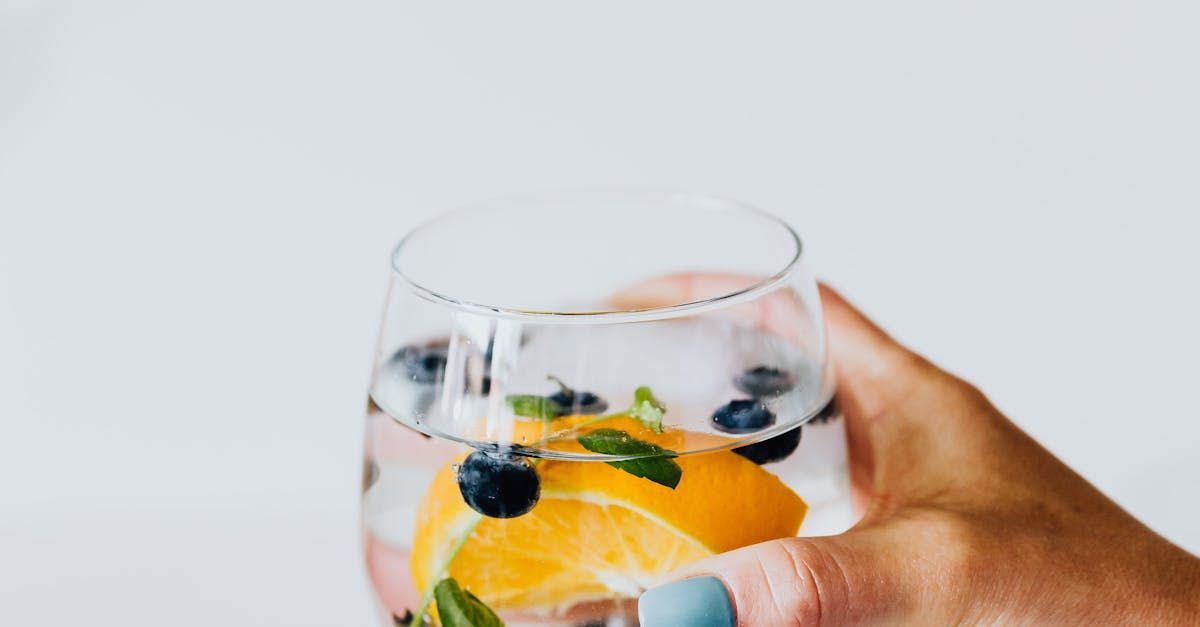
sources
- https://www.health.harvard.edu/staying-healthy/how-much-water-should-you-drink#:~:text=Tips%20for%20avoiding%20dehydration,salads%2C%20fruit%2C%20and%20applesauce.
- https://nutritionsource.hsph.harvard.edu/water/
- https://citynaturopathic.ca/reversing-dehydration-a-naturopathic-approach/#:~:text=Include%20More%20Hydrating%20Foods,kefir%20are%20also%20good%20options.
- https://radianthealthsf.com/what-you-need-to-know-about-proper-hydration/
- https://www.adelaidewestphysio.com.au/water-massage/
- https://natmed.com.au/hydration-naturopath-perth/
